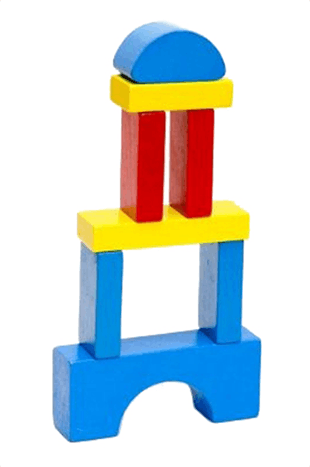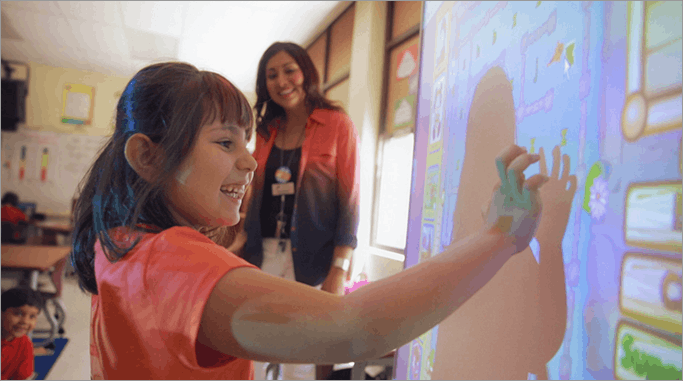While it is essential to let your child have fun and relax during the break, learning does not have to take the back seat. Maintaining learning is essential during this period—it is estimated that every summer, children lose two to three months of reading skills. Children can also take some time to get back in the swing of things after the shorter winter break. These losses can add up in the long run and cause a gap in academic achievement.
Below are 7 ways you can help keep your child learning—while still having fun—even during the break!
 Completely child safe—no advertising or outside links.
Completely child safe—no advertising or outside links.




